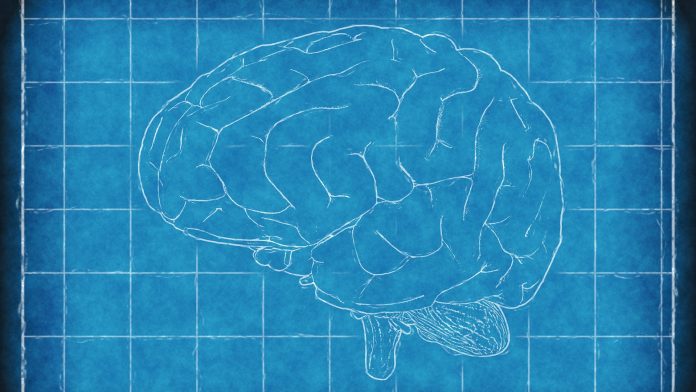
Researchers at the Royal College of Surgeons in Ireland (RCSI) have developed a new blood test that can diagnose the early stages of Alzheimer’s disease and predict how it will progress.
The study has shown that concentration changes of a small molecule in the blood can help to diagnose Alzheimer’s disease during the stage where mild symptoms are present.
Early diagnosis is vital in ensuring the best opportunity for potential future treatments of Alzheimer’s disease and improving the quality of life for patients.
Developing new therapies
Dr Tobias Engel, lecturer in physiology at RCSI and principal investigator on the project, said: “People are living longer today and because of this the incidence of age-related brain diseases such as Alzheimer’s will rise.
“Research into the condition is largely focused on the development of new therapies; however, new therapies need diagnostic methods which are affordable and minimally invasive and can be used to screen large populations.
“Our research carried out over the past four years has identified changes in blood levels of a small molecule called microRNA which is able to diagnose Alzheimer’s disease at a very early stage and is able to distinguish Alzheimer’s from brain diseases with similar symptoms.”
Early stage testing needs targeting
It’s been 20 years since a new therapy has passed clinical trials, with much of the failure being attributed to applying therapies when the disease is at its advanced stages where damage to the brain becomes irreversible.
For treatments to be successful, the early stages before Alzheimer’s fully sets on need to be targeted. Currently, no blood test is available to clinicians that can be used to diagnose the disease.
Professor Ray Stallings, director of research and innovation at RCSI, said: “RCSI’s annual Research Day is a vital platform for highlighting the scope of research and innovation taking place across the different disciplines in the college, particularly amongst young researchers.
“We are committed to nurturing world-class research that can translate into treatments and benefits for patients and society, beginning at undergraduate level right up to the highest-calibre research-active academic staff.
RCSI’s Research Showcase recognises a selection of RCSI’s groundbreaking innovators and highlights some leading researchers within RCSI who have been awarded major international funding and are making impactful contributions to research that is improving human health.”
What is the burden of Alzheimer’s?
Alzheimer’s disease:
- Affects 48 million people worldwide and an estimated 20,000-25,000 in Ireland; and
- Costs the healthcare system up to €400m per year.







